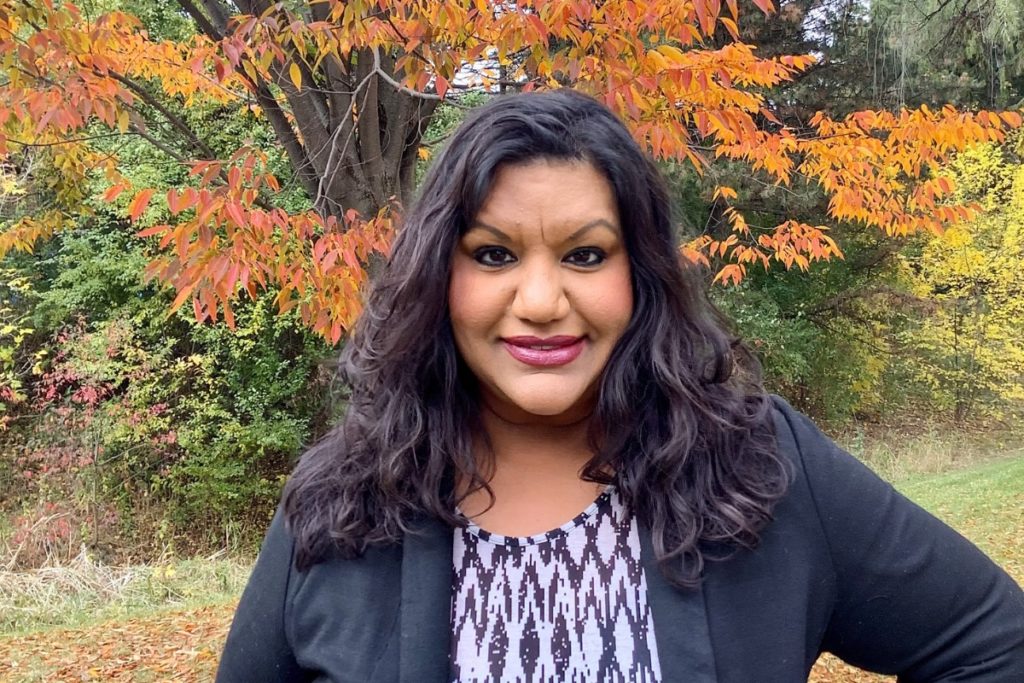"I started my career as an elementary school teacher, and they were some of the most magical years of my life. Teaching for me has become a journey of self-discovery, an encounter with the self. Education is ultimately an endeavour in being more human. It demands of us an ongoing commitment to living and working from our complex and often contradictory parts - the magical parts, the scared parts, the joyful parts, the engaged parts, the ignorant parts and the resistant parts.
I come from generations of visionaries that merged actions towards justice and humanity with practices of spirituality and self-awareness. These orientations are deeply embedded in how I live and engage in the world. I have also been formed and informed by histories of colonization and my present reality as a settler on these lands. I have had my fair share of experiences of discrimination as a South Asian woman, and I am grateful to the boldness and strength of South Asian women globally who have paved the way for so many of us.

Now as an activist scholar and former elementary school teacher, I believe strongly in sharing knowledge and strengthening relationships between the academy, practitioners and communities. In my teaching, I practice embracing complexity, holding multiple and contradictory truths and realities, centering different ways of knowing and being, and exploring knowledge systems that have been traditionally silenced.
Educators play a crucial role in disrupting anti-Black and anti-Indigenous racism. In this time of racial reckoning and solidarity with Black life, teachers need to be consistent, unapologetic and critical in their commitment to address settler colonialism and white supremacy in schooling and society.
These inequities can be addressed in relationships with students, families and communities; in the interruption of inequitable structures such educational streaming, suspensions and expulsions; and in pedagogical approaches that disrupt the erasure of the histories, realities and aspirations of Black and Indigenous people, a form of curricular violence.
My role as an educator is to support students in developing their critical consciousness, which is the ability to question and critique the world around them and respond to socio-political, environmental, economic and historical injustices."
Vidya Shah
Assistant Professor, Faculty of Education
York University's People of York U campaign is a collection of the latest stories from YU featuring interviews with Faculty, Staff and Students.
